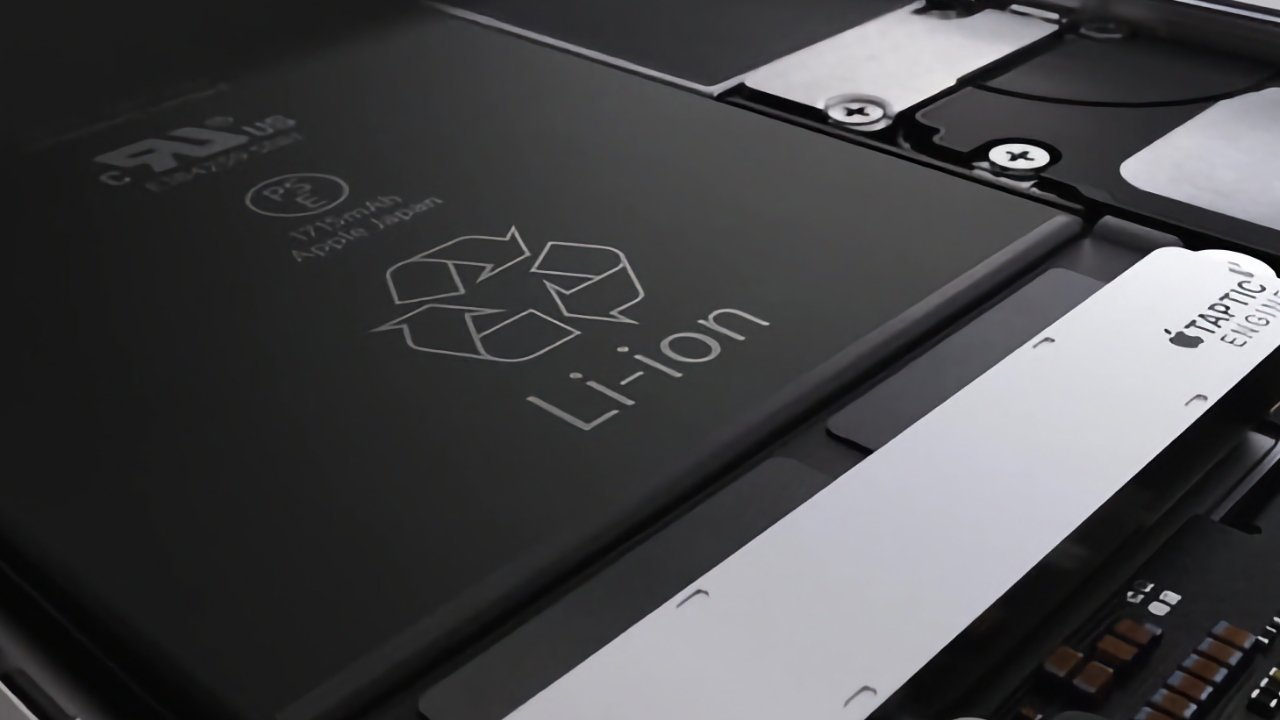Apple was dealt a setback in the UK this week when a tribunal ruled that a lawsuit over iPhone batteries worth potentially $2 billion (1.6 billion UK pounds) can proceed.
Remember "Batterygate?" Yeah, it's that again.
Apple's under the microscope in UK courts over how it handled iPhone battery problems back when they still used single digits for iPhone model numbers.
Through lawyers, UK consumer rights activist Justin Gutmann accused Apple in 2022 of hiding battery problems with the iPhone and "surreptitiously" installing power management software to throttle iPhone performance. They cited Apple's 2020 settlement in US Federal court over the issue as proof.
While the UK doesn't have the equivalent of a class-action lawsuit — a favorite pastime of courts in the United States — Gutmann is effectively attempting one with this claim.
"Instead of doing the honourable and legal thing by their customers and offering a free replacement, repair service or compensation," said Gutmann at the time of the original filing, "Apple instead misled people by concealing a tool in software updates that slowed their devices by up to 58%."
Apple called the lawsuit baseless, and asked London's Competition Appeal Tribunal (CAT) to toss the case. The company denied misleading customers and said that it's been upfront about the issue, with a public apology in 2017 and offer of cheap battery replacements.
In a 27-page ruling published on Wednesday, the CAT said Gutmann's case can proceed. The tribunal warned of a "lack of clarity and specificity" in Gutmann's case, however, and noted that Gutmann's funding of the lawsuit may need to be changed.
The funding issue raised by the CAT concerns a UK Supreme Court ruling made over the summer which determined that Litigation Funding Agreements (LFAs), which enable the funder to recover a percentage of any damages recovered, is a Damages Based Agreement (DBA). Many UK legal experts believe that in the wake of this ruling, such agreements will be unenforceable by UK courts.
 Peter Cohen
Peter Cohen







-m.jpg)






 Charles Martin
Charles Martin
 Marko Zivkovic
Marko Zivkovic
 Andrew Orr
Andrew Orr
 Amber Neely
Amber Neely

 William Gallagher and Mike Wuerthele
William Gallagher and Mike Wuerthele










4 Comments
How exactly were these people harmed? Can all 24 million show that they upgraded sooner than they otherwise would have? Can they all show that they actually observed slow performance on occasions when that would have had a material adverse affect or would have been worse than having their phone suddenly cut off (had Apple not throttled the speed)? This is pathetic and ridiculous.
A good example of Apple managing things badly. All Apple had to do was to give a good public explanation and an option to users whether to take the power performance enhancement option. Instead the usual secrecy.
Trying to manage batteries and hide the complexities from end users has turned out to be quite an imbroglio.